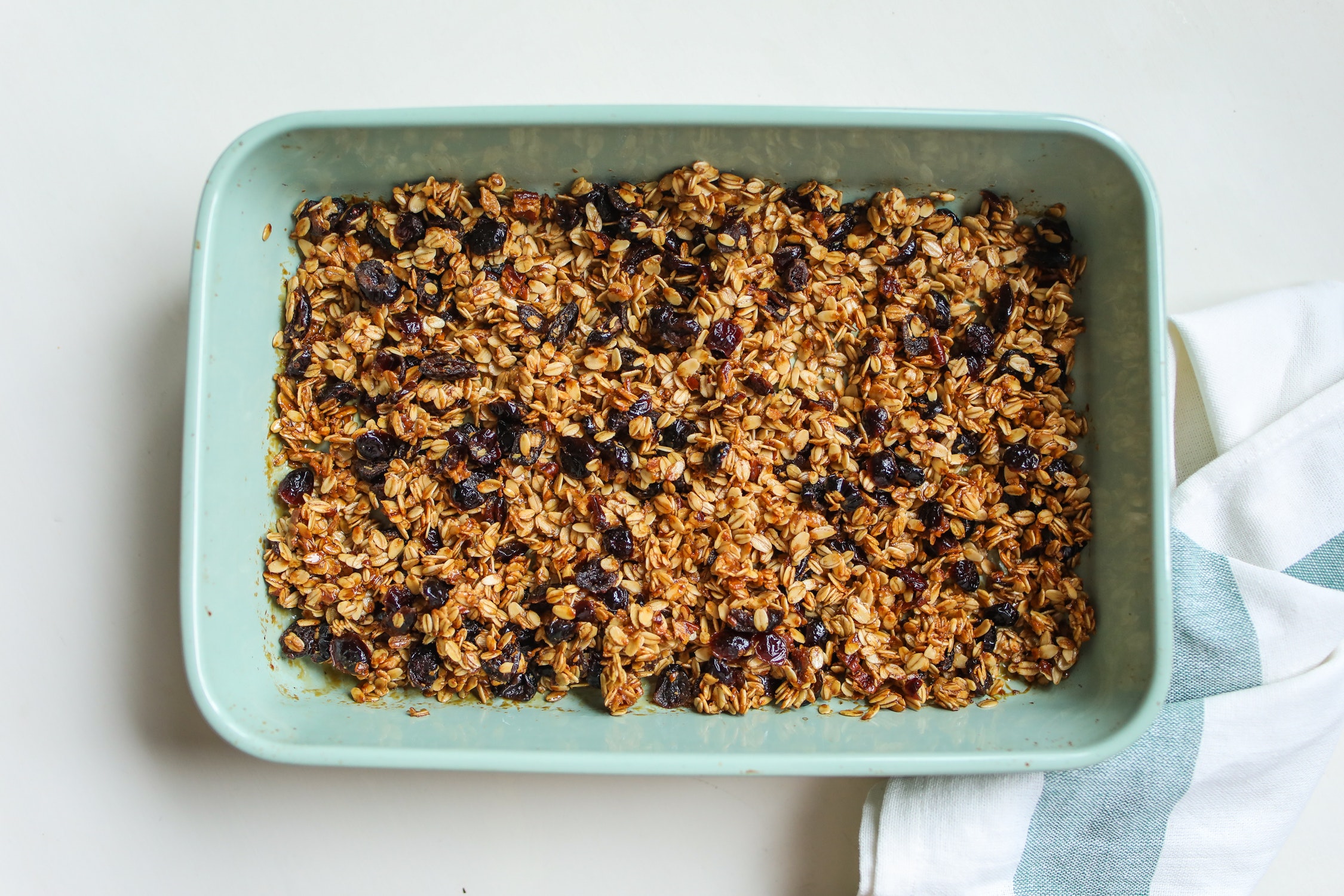
Whole grains and low glycemic load carbs seem to benefit fertility, so it fits that a high fibre diet would too, right? Actually the evidence here is a little conflicting. So how does fibre affect fertility? Is more better?
How Does Fibre Affect Fertility?
A recent study looked at two groups trying to conceive, one in the US and one in Denmark. In the US group, fibre intake was associated with a faster time to conception.
Couples where the woman had a fibre intake ≥25 g/d had 13% higher chances of achieving conception compared with couples where the woman had a fibre intake ≤16 g/d. But when they looked at the data for both cohorts together, total fibre intake was not substantially associated with fertility.
What mattered was the carb-to-fibre ratio. More carbs-to-fibre lead to reduced fertility.
In The Nurses Study an increase in cereal fibre intake of 10 g/day (with equal energy intake) was associated with a 44% lower risk of ovulatory infertility, but only among women older than 32 years. It’s unclear if or why older women may respond differently to fibre than younger women.
On the other hand, the Biostudy found that high dietary fibre intake was associated with low hormone concentrations (estradiol, progesterone, LH, and FSH) and the risk of anovulation. Each 5-g/d increase in fibre was associated with a 1.78-fold increased risk of an anovulatory cycle!
While it’s generally agreed that a high fibre diet, including a vegetarian diet, is associated with lower oestrogen levels, this isn’t always a bad thing. The lower levels of other hormones and the association with anovulation seen here is quite surprising.
So What Does This All Mean?
Because of the conflicting studies we need more evidence on the association between fibre and fertility.
In general, getting enough fibre is important for your health in many ways. Making sure you’re having enough fibre is part of maintaining a healthy diet. In fact, like with a high glycemic load, a diet low in fibre in the preconception periods has been associated with an increased risk of gestational diabetes in pregnancy.
Getting a good mix of soluble and insoluble fibre is also known to have benefits for your gut microbiota. We now know that our gut health has a big impact on everything from our mood to immunity.
Some interesting research has been coming out about the link between our gut health and fertility lately. (Look out for a blog post on this topic soon!) In the meantime, no need to avoid or limit fibre while TTC unless you’ve had specific advice from a prenatal dietitian.
back to top
Foodbaby WAS FOUNDED on Kulin Nation land. We acknowledge the Wurundjeri people, Indigenous Australians, who are the Traditional Custodians of this land. We pay our respects to all Aboriginal and Torres Strait Islander Peoples and their Elders past, present and emerging.
Fertility dietitian, cycles nerd, lover of food and squishy newborn baby cuddles. I help people get pregnant (fast) and have the healthiest pregnancies possible.
Hey, I'm Ami
@foodbabyfertility